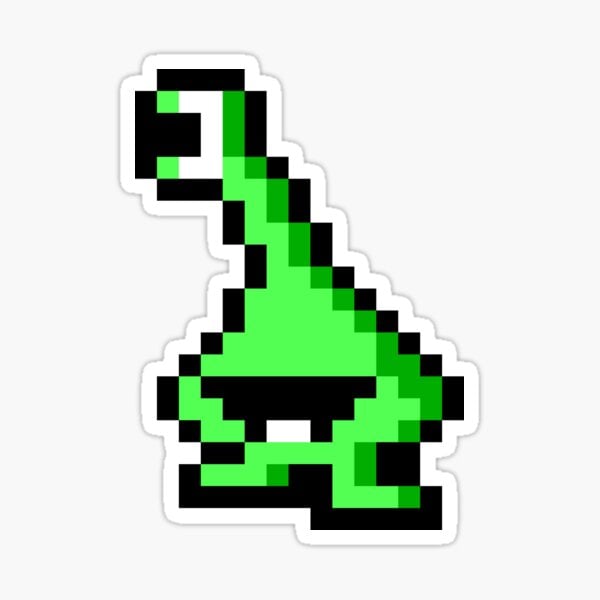

Almost everything you’ve said is just factually incorrect. We know why Calvin and Hobbes wasn’t franchised; in Bill Waterson’s own words, he wanted to, “write every word, draw every line, color every Sunday strip, and paint every book illustration,” not, “run a corporate empire.” His publisher had no worries about copyright infringement though, and pressured him to franchise.
Also, there was no chance he would have run into trademark issues because that’s not what trademark means. Trademark is a name, copyright is the content. Trademark is why I can open a restaurant called Spider-Man, copyright is why I can’t publish my own Spider-Man comics. While we’re at it, Nintendo is suing Palworld for Patent violations, not copyright, so this has nothing to do with the similarity of the characters, it has to do with some game mechanic that Nintendo believes is proprietary technology.
Finally, the average working class person wasn’t writing, but they were consuming printed media, and that’s why publishers were making so much money off of authors. That’s why copyright mattered. Copyright only lasted 14 years, with the option to renew it for another 14, and its sole purpose was to break up the publishers’ monopoly. The idea that it was designed to create an artificial scarcity of ideas is an ahistorical conspiracy theory that you’ve dreamed up.
I really don’t understand why they’re simultaneously arguing that they need access to copyrighted works in order to train their AI while also dropping their non-profit status. If they were at least ostensibly a non-profit, they could pretend that their work was for the betterment of humanity or whatever, but now they’re basically saying, “exempt us from this law so we can maximize our earnings.” …and, honestly, our corrupt legislators wouldn’t have a problem with that were it not for the fact that bigger corporations with more lobbying power will fight against it.